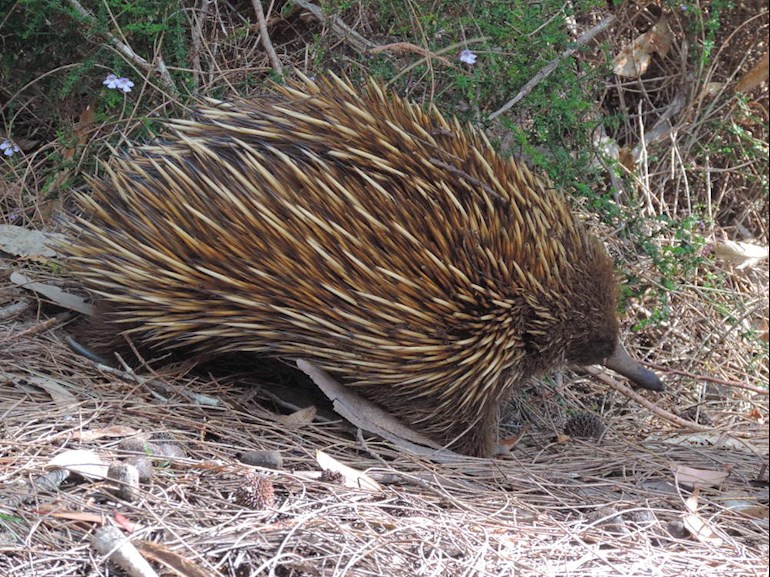From the CLL Global Research Foundation - October / November Issue
'Earlier this year CLL Global was approached by a donor interested in making a contribution that would be directed specifically towards research into cardiotoxicity associated with Bruton's tyrosine kinase (BTK) inhibitors such as ibrutinib. With this directive we coordinated with our collaborators, Dr. Julie McMullen, Laboratory Head, Baker IDI Heart and Diabetes Institute, and Dr. Con Tam, Disease Group Lead, Low Grade Lymphoma & CLL, Peter MacCallum Cancer Center, both located in Melbourne, Australia. Using the donated funds, Dr. McMullen and Dr. Tam are initiating a study to develop preclinical models for understanding and overcoming cardiotoxicity with BTK inhibitors.
Abstract
It is now well recognised that cancer therapies can cause cardiac complications including atrial fibrillation (AF). An unexplained increased incidence of AF has been identified in patients with blood cancers (e.g. CLL, MCL, WM) receiving the drug ibrutinib (BTK inhibitor). We have previously shown that decreased activity of a cardioprotective gene can cause AF in mice. We now have pilot data to show that ibrutinib can inhibit this protective gene in the mouse heart.The goal of this project is to assess the effect of ibrutinib and a next generation BTK inhibitor on cardiac conduction and function in normal adult mice, and to interrogate the molecular pathways responsible for cardiac abnormalities.
Significance:
Cardiotoxicity has the potential to limit the long-term tolerability of ibrutinib and next generation BTK inhibitors. Therefore it is critical that we understand the mechanisms responsible for the increased incidence of AF, in order to prevent cardiac complications and develop strategies to facilitate long-term delivery of BTK inhibitors.'
You can read the Tidbits archive and sign up for emails on the latest news from the CLL Global Research Foundation at the bottom of this page
archive.constantcontact.com...
Neil
Photo: Echidna foraging (Australia's spiny anteater). This prickly character lays eggs and suckles its young, which it keeps in a pouch - Ouch!
